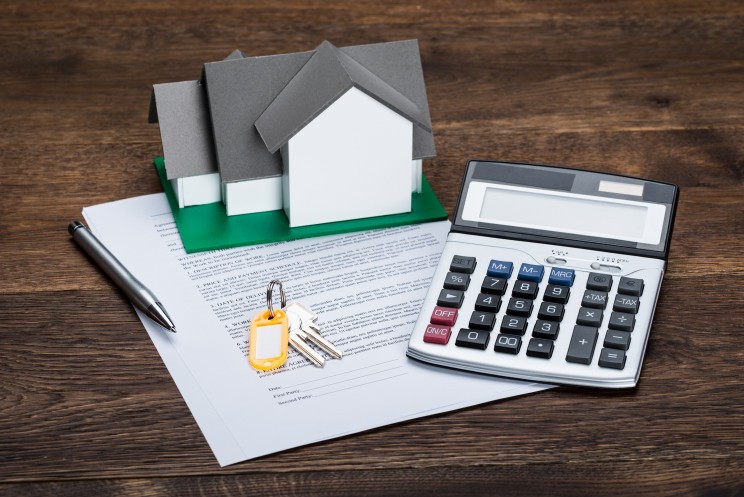
Rights and duties for people renting property in Italy / Gtres
When renting, there are two main players: the landlord and the tenant, each of whom has certain obligations to fulfil and legal rights. But what are the tenant's rights and obligations? Let's find out.
The tenant's rights
- First of all, the tenant has the right to receive a property that is in a good condition, free of defects that would significantly reduce the agreed use, be it commercial purposes or residential (in accordance with article 1578 of the Civil Code).
- The tenant then has the right to live in a building that is constantly maintained by the landlord in such a way as to make it suitable for the agreed use. In this regard, it should be noted that there are two types of maintenance: ordinary and extraordinary. The first must be carried out by the tenant, the second by the landlord.
- The tenant then has the right to enjoy the property peacefully for the duration of the rental contract and the right to obtain all the necessary documentation such as the safety certification and the energy certificate.
- The tenant has the right to obtain receipts for payment of the rents from the lessor and the lessor must let them verify the evidence of the expenses incurred for the upkeep of the property. The tenant has the right to be called to meetings of the homeowner’s association of the building which are about the common services in the apartment block and those in which they have the right to vote as they relate to decisions on the management of heating and air conditioning costs.
- The tenant also has the right to make improvements to the property at their own expense, provided that they do not damage the property or alter its intended use or integrity, and are things that could be removed at the end of the contract.
- The tenant has the right to prevent the landlord from making changes that limit their ability to use the property and to obtain a reduction in the rent if, in the case of repairs to the apartment, these are prolonged for more than one sixth of the duration of the lease and, in any case, more than twenty days.
- The tenant has the right to terminate the lease if the landlord is declared bankrupt and the house is auctioned off or if the owner dies and the property is inherited by others; the same applies if the house is sold.
The tenant’s responsibilities
- The tenant has the duty to take responsibility of the house and observe due diligence in using it for the purpose established in the contract. They must pay the rent in full and within the time agreed with the landlord, and agree to tolerate the deprivation of use of a part of the property if it needs repairs that cannot be postponed until the end of the contract.
- The tenant is obliged to carry out minor maintenance repairs, to return the property in the same condition in which it was delivered to them, except for deterioration resulting from the use of the property in accordance with that agreed. They are also liable for any loss and/or deterioration that occurs during the lease, even if it results from fire, if they cannot prove that they occurred for reasons not attributable to them.
- Finally, the tenant has the duty to pay additional expenses on top of the rent such as: energy and water bills, cleaning of the lights and stairs and any expenses within the building for improvements.